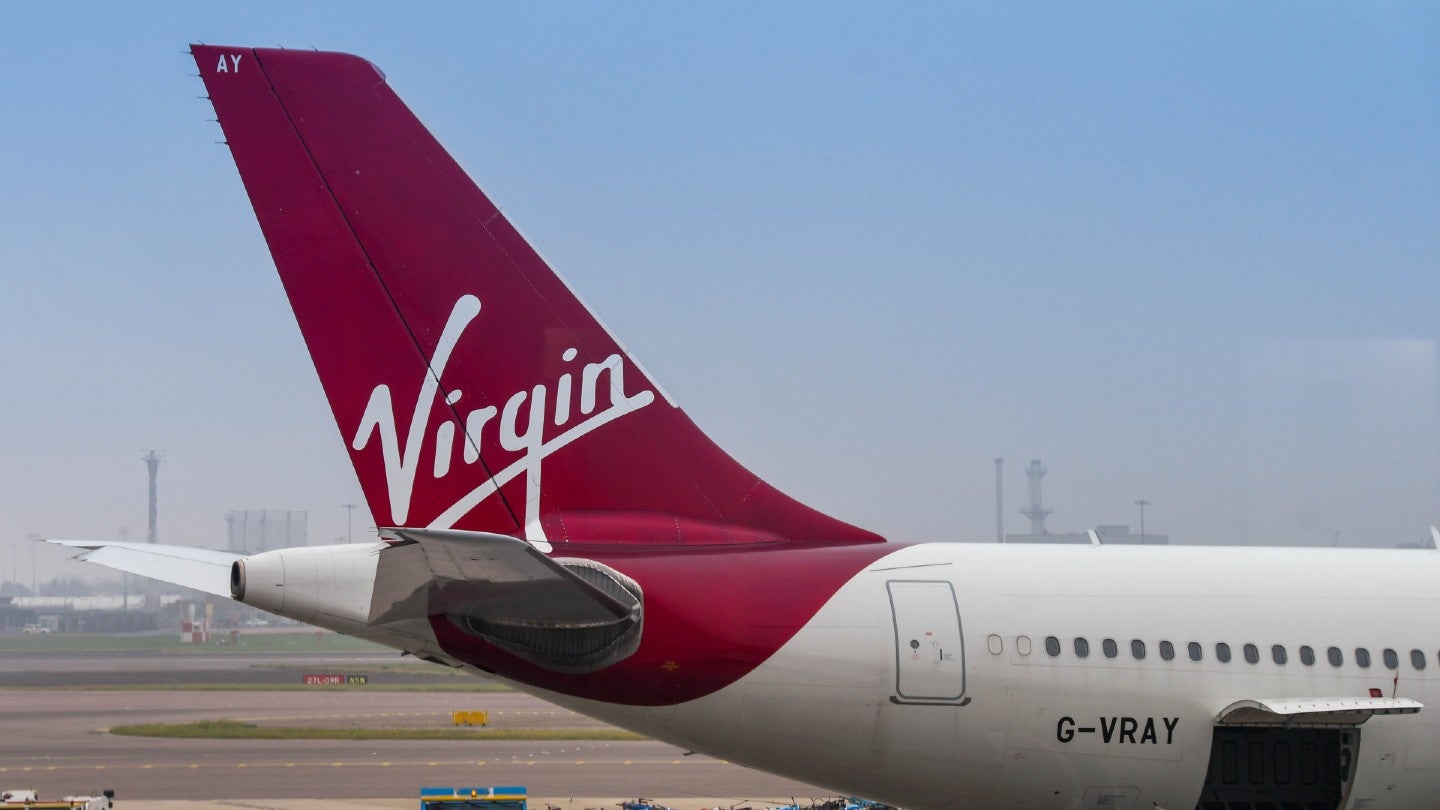
Virgin Atlantic has received permission from the UK Civil Aviation Authority (CAA) to conduct the first transatlantic flight using 100% SAF at the end of this month after months of planning.
The airline, owned by British billionaire Richard Branson, will fly the VS100 route from London Heathrow to New York JFK on 28 November to test the feasibility of using 100% SAF for long-haul flights, which would provide significantly lower emissions compared to normal jet fuel.
CEO Shai Weiss said the CAA’s permit marked a key milestone for the project: “Getting to this point has been more than a year in the making and taken radical collaboration across our consortium partners and government.
“We’re committed to using 10% SAF by 2030, but to get there, we need the government to support the creation of a UK SAF industry.”
The flight, which will be operated by a Boeing 787 using a Rolls-Royce Trent 1000 engine, was first announced in December 2022 after the airline was announced as the winner of a UK government competition to receive partial funding for the world-first flight.
Though the CAA’s permit marks a significant step forward for the flight, Virgin Atlantic will now need to apply for permission from the Federal Aviation Administration for its arrival in the US and from the Irish Aviation Authority and Transport Canada to allow it to pass through Irish and Canadian airspace.
How well do you really know your competitors?
Access the most comprehensive Company Profiles on the market, powered by GlobalData. Save hours of research. Gain competitive edge.

Thank you!
Your download email will arrive shortly
Not ready to buy yet? Download a free sample
We are confident about the unique quality of our Company Profiles. However, we want you to make the most beneficial decision for your business, so we offer a free sample that you can download by submitting the below form
By GlobalDataWhile SAF has already been used in many flights around the world, it has mostly been blended with traditional jet fuel, though this is currently limited to a maximum 50% blend and the supply chain for the fuel has yet to be scaled up enough for widespread use.
Rohit Kumar, assistant vice president of Diversified Industries for credit rating agency DBRS Morningstar, commented on the slower rollout of the technology, saying it will take years to be able to implement 100% SAF use on a broad scale.
Kumar said: “Technology questions regarding whether modifications to current SAF properties and/or existing aircraft will be required remain unanswered at this stage.
“In addition, fuel infrastructure upgrades to accommodate 100% SAF might also be required. Higher cost of the fuel and production bottlenecks are also material challenges.”
Despite these concerns, many airlines have already been signing significant orders for SAF as a key part of net zero sustainability goals, with Ryanair recently purchasing 500t of the fuel from OMV and Emirates agreeing an order for 300,000 gallons with Shell Aviation.
The EU also approved SAF targets in recent months, meaning European airports could be bound to provide 20% of their fuel as SAF by 2035 and 70% by 2050. The UK has also committed to making it mandatory for 10% of jet fuel to be produced from sustainable sources by 2030.
However, a GlobalData report published this month reported that the US was set to become the world leader in SAF production over the next decade, forecasting that the country would have a production capacity of 1,200 million gallons per year by 2030.







